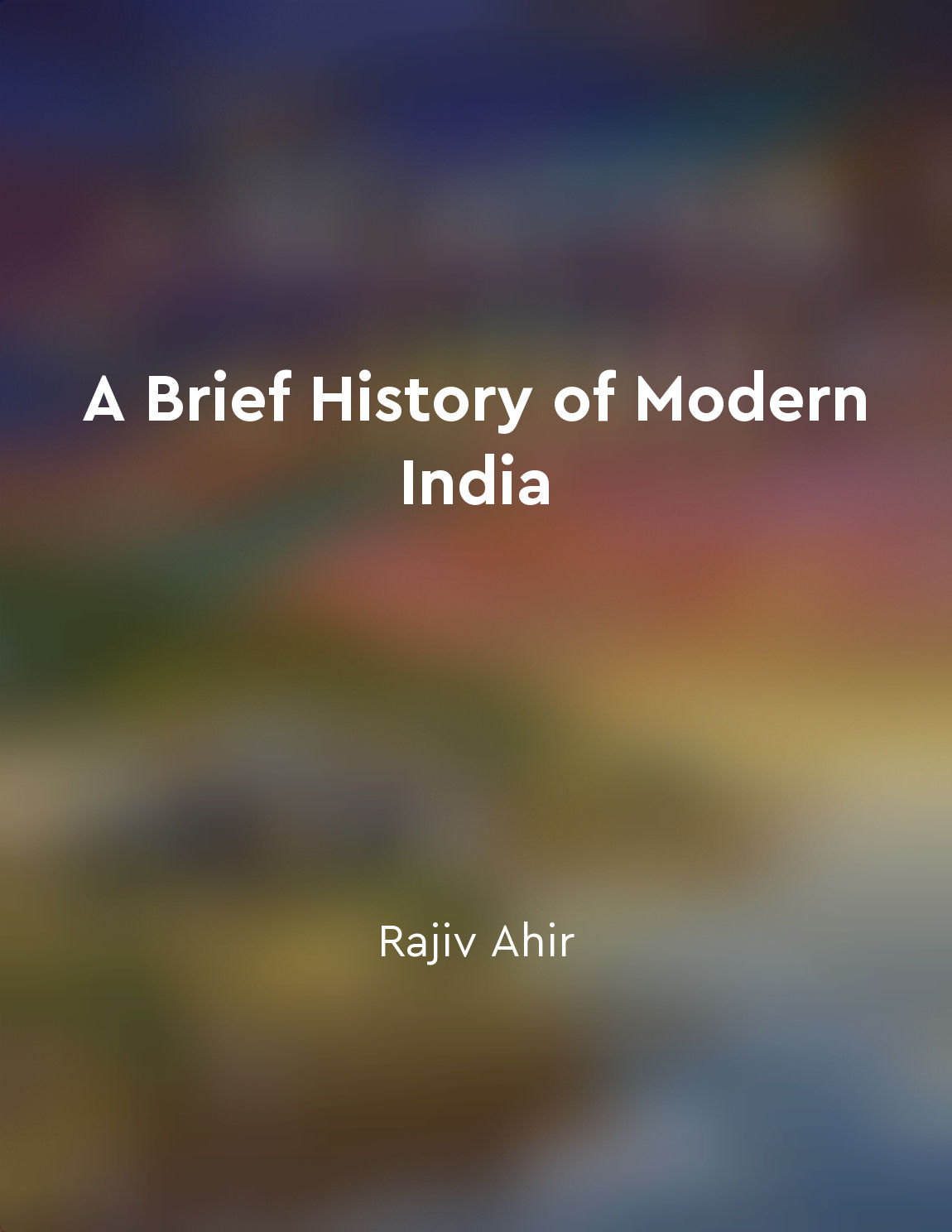Audio available in app
Formation of Muslim League from "summary" of India's Struggle for Independence by Bipan Chandra,Mridula Mukherjee,Aditya Mukherjee,K N Panikkar,Sucheta Mahajan
The Muslim League was formed in Dhaka in 1906. It was established in response to the growing sense of alienation and fear among the Muslims of India. They felt that the Congress, dominated by the Hindus, was not adequately representing their interests. The League aimed to promote the political, social, and economic interests of the Muslims of India. The founding members of the Muslim League were mainly wealthy and influential Muslims. They included prominent figures such as Aga Khan, Nawab Salimullah of Dhaka, and Nawab Mohsin-ul-Mulk. These leaders were concerned about the perceived marginalization of Muslims in the political sphere and saw the League as a platform to voice their grievances and protect their rights. Initially, the Muslim League demanded separate electorates for Muslims, where only Muslims could vote for Muslim candidates. They argued that this would ensure that the interests of the Muslim community were adequately represented in the political arena. However, this demand was met with opposition from some quarters, including the Congress, which saw it as a divisive and communal move. Despite facing criticism, the Muslim League continued to grow in strength and influence. It gained support from Muslims across India, particularly in provinces where Muslims were in a minority. The League's leaders worked tirelessly to mobilize support for their cause and to build a sense of unity and solidarity among the Muslim community. The formation of the Muslim League marked a significant turning point in India's struggle for independence. It introduced a new dynamic to the political landscape, with the Congress now having to contend with a rival organization representing the interests of the Muslim community. This development would have far-reaching implications for the course of India's freedom movement in the years to come.Similar Posts
Understanding cultural and religious diversity is crucial
In today's globalized world, where interactions between people from different cultures and religions are becoming increasingly ...
Dr. Ambedkar's teachings remind us of the importance of upholding justice and equality
Dr. Ambedkar's teachings emphasize the fundamental importance of justice and equality in society. He believed that these princi...
Early resistance movements
The early resistance movements in India were marked by various forms of protests and uprisings against the British colonial rul...

Challenges of poverty and inequality
The challenges posed by poverty and inequality have been central to the Indian experience in the modern era. These issues have ...
Dr. Ambedkar's vision is a beacon of hope for those striving for a fair and inclusive society
Dr. Ambedkar's vision stands as a guiding light for individuals who are dedicated to building a society that is just and inclus...
